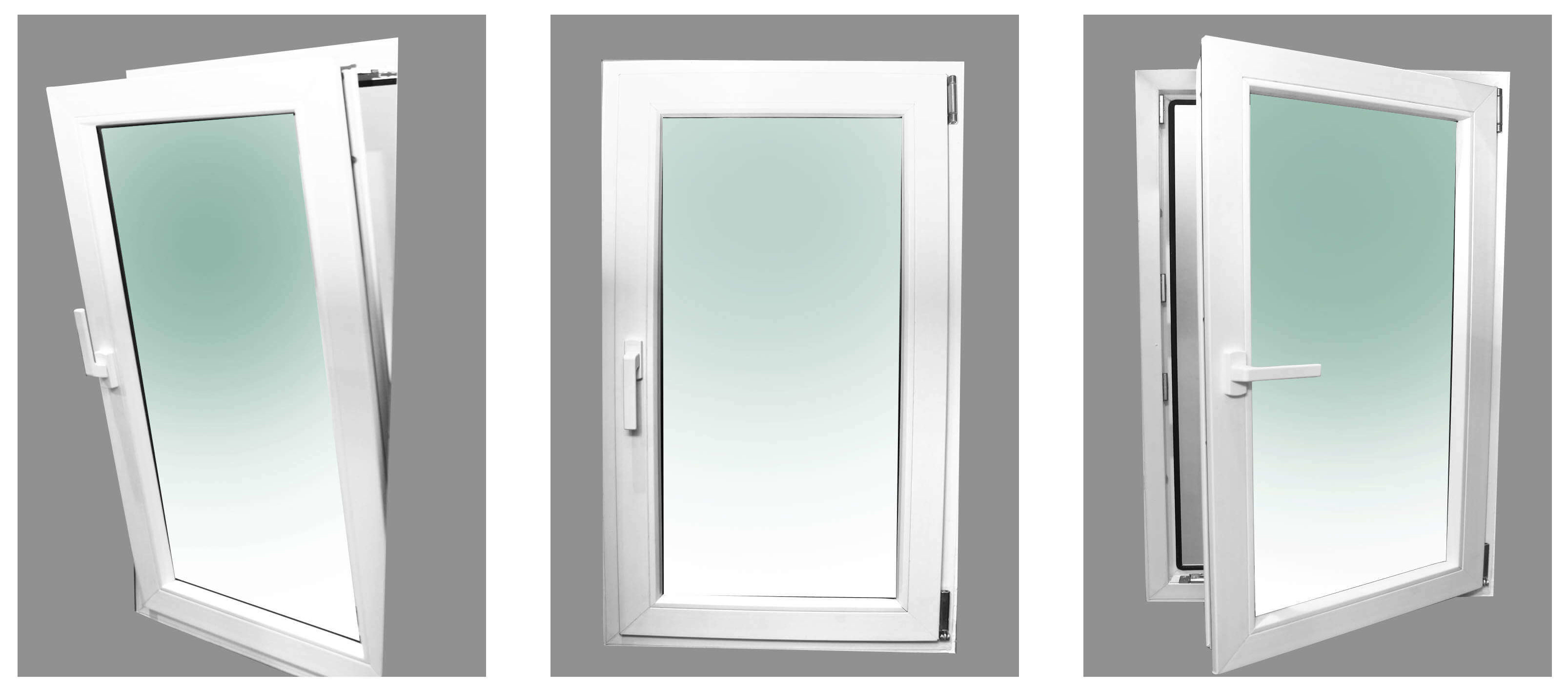It finally feels like summer here in Germany! Last week it was around 32° C (90° F) and sunny. For the most part, Germany's weather is almost identical to Michigan's but not as bipolar (doesn't get as cold, as hot, and not as much snow). With summer upon us, it means the semester is beginning to wind down and the cramming for exams in July is about to begin.
I have been in Germany for almost three months now and in this time (and from my trip in 2016) I have discovered things I like about Germany, dislike, and some things I'm still getting used to or deciding how I feel. As with every country and culture, there are pros and cons as well as exceptions. With that being said, here are just a few of my thoughts and observations.
Things I like about Germany
- Public Transportation: You can get almost anywhere in Germany with public transportation and/or by walking or biking. This is a big difference from the majority of places in the states where a car is needed.
- Bread: There are over 300 varieties of bread (not including local varieties) in Germany! If you love bread and carbs, Germany is the place for you.
- Punctuality: It's a pretty well-known stereotype or fact that Germans are punctual and value time. While the punctuality of public transportation in Germany has decreased in recent years, it's still something Germans value. The only time you can be "late" is for what is known as the Akademisches Viertel (Academic quarter). The majority of universities and classes use this practice in which class starts 15 minutes after the class time and ends 15 minutes prior to the end time. For example, if your class is from 9 am to 12 pm, it will actually start at 9:15 am and get out at 11:45 am. This allows for students to get from one class to the next and have a small break to grab a bite to eat or what not.
- ATM Currency Denomination: I don't know if it's every ATM or only certain ones, but I have been able to select the specific bills I want. This is especially useful here in Germany where cash is still king (see below) and many places don't accept, or at least not happily, "large" bills (sometimes not even €20 bills). It's possible some ATMs in the US are doing this as well but I've never been able to select the denominations at any I've used.
- Pictures on Cigarette Packets: It is a law in Germany that all cigarette packets have "shock images" printed on them. These are disturbing pictures of the effects of smoking such as images of cancer, rotting teeth, etc. I don't know the statistics of if it has had an effect, but in my opinion, if it has, it has had very little effect. Unlike in the US where it's become less and less popular, cigarettes are still very popular here in Germany. I think the starkest difference is the number of young women (late teens and twenties) that smoke. In the US, I seldom see young women smoking but here in Germany, you will see it all over.
- Grocery Stores: Another thing Germany is known for is grocery stores. The German stores most Americans know are ALDI and LIDL. There are many other grocery stores here (REWE, Edeka, NP, Penny, Netto, Kaufland, Real, etc.) but they all have a similar structure. No plastic bags (bring your own or buy reusable at the store), bag your groceries yourself, grocery carts require a coin to ensure you take the cart back, extremely fast checkout process (you don't want to be the person that holds up the line), etc.
- Tax included: All prices include tax. The price you see is the price you pay. Simple and easy.
- German Windows: Windows? Aren't windows basically the same? No, the windows in Germany aren't like your normal "American" windows. The windows here are usually one pane and open in instead of up and down. The window handle has three positions:
- Up: when pointing up, the window tilts in from the bottom.
- Down: when pointing down, the window is closed and locked.
- Horizontal: when pointing horizontal, you can open the window inward like a door

Things I dislike about Germany
- Paying for the Restroom: Depending on where you are, you must pay to use the restroom. It's usually anywhere from 50 cents to $1. So, if you're ever in Germany (and many other countries), be sure to have change on you.
- Water: Water is typically all that I drink. However, here in Germany, it's a little more difficult. First, Germans prefer sparkling water. Unless you specifically ask for uncarbonated water, you will receive sparkling water. Second, water isn't free at the majority of restaurants. Since Germans drink sparkling water, when you order water, you're usually actually ordering a bottle of sparkling water. The tap water here is safe to drink, but it is not common to drink it. Some restaurants may offer tap water (if it says it specifically on their menu), but don't count on it.
- Cash is King: Unlike in the USA where debit and credit cards are accepted almost everywhere, that is not the case here in Germany. This is a big change for me because, in the US, I never had cash on me. While cards are being accepted more and more each year, cash is still king and you better have cash on you at all time.
Things I am still getting used to
- Lüften: Lüften means to ventilate and it's a part of daily life in Germany. Houses and buildings in Germany are built differently than in the US. German houses are built with cinderblocks and the walls are thicker. With this type of construction, air quality can deteriorate quickly. To prevent this, you must air out your house every day. Yes, even in the cold winter months. There are various ways to do this from tilting the window, opening it all the way for 5 minutes in the morning and night, etc. At first, it took some time to get used to this but since most homes don't have air conditioning in Germany, I typically have the windows open anyway.
- Waiting at Crosswalks: One of the things almost any foreigner will comment on is how Germans will wait at a red crosswalk sign even if it's 3 am and there are no cars on the roads. While you may be tempted to walk on red, don't be surprised if a German stranger calls you out on it. It's especially important not to do it in front of children as you're showing them a bad habit.
- Trusting Cars Will Stop: Kind of the opposite of the crosswalks above, if there isn't a crosswalk signal, you can cross and trust that the cars will stop. This goes not only for walkers but for bikers as well. This is a completely different mindset in the states. In the US, I assume that a car wouldn't stop and hit me. However, here in Germany, you assume the car is going to stop. Walkers typically just take a quick look and if there isn't a car super close, you can start crossing and the cars approaching will stop. Bikers on the other hand rarely stop and look and are treated as another "car" and therefore the cars stop for them. I'm still getting used to this and it's led to those awkward moments of "no, you go. no, you go".
- Recycling/Garbage: Germans take recycling to another level. While I recycled in the US, it was less complex. In the US I had one bin and everything that was recyclable went in there and the recycling facility did the sorting. That's not the case here in Germany. Here, there are typically four or more recycling bins for specific material. There is one bin for paper, one for plastic, one for biodegradable (fruit, vegetables, etc.), and one for other garbage. There are also multiple bins for glass depending on the color of the glass. At first, it takes time to get used to and know what goes in what bin but after some time, it just becomes a habit.
- Store Hours: In the US you can count on many things being open 24/7 (Walmart, Meijer, McDonald's, diners, etc.) but that's not the case here as stores close fairly early. Also, Sundays and public holidays are still a day of no work. Basically, everything is shut down (exception of some restaurants, modified public transportation times, etc.) so make sure you have your groceries and everything before Sunday and the holidays.
- University: The biggest difference that has taken getting used to is the weekly class style and exams. In the US, I had homework, projects, quizzes, tests, midterms, etc. throughout the semester and at the end, those along with the final exam determined my final grade. Here, I have no homework, no quizzes, no tests, etc....just a final exam. With the work throughout the semester in the US, you are able to gauge if you're learning and make adjustments. However, here I won't know until I take the final exam. After this first semester, I'm sure it will be a little easier as I will know what to expect.
Well, it's time to get back to studying, doing laundry, and enjoying the weekend. Next Friday I'm off to Ireland for a couple of days before beginning to cram for exams.


Taylor, I am your grandma Sheila’s BEST friend! I enjoy reading your blogs. I like your observations. We had an exchange student for a year from Geesthacht up by Hamburg when we lived in North Pole AK. We loved her and have visited the family there in Germany. We are already planning a river cruise down the Danube in 2020.
Alice Carroll
Hi Alice,
Thank you. Hamburg and the surrounding area is nice. The river cruise will be nice…I know Bill and Carmen love them. I just went to Budapest and Vienna last month which are on the Danube. Both are beautiful cities.
Thanks for your update, I enjoy reading them. I’ll be looking forward to Ireland.
Hi Taylor! We enjoy your updates very much and it is nice to hear your take on your life as you learn a new country. Take care and love you. Aunt Wendy